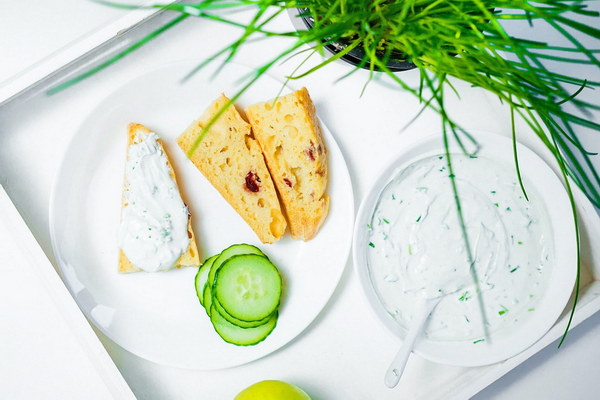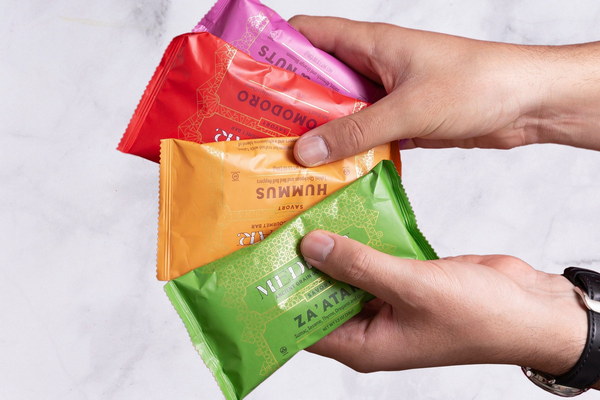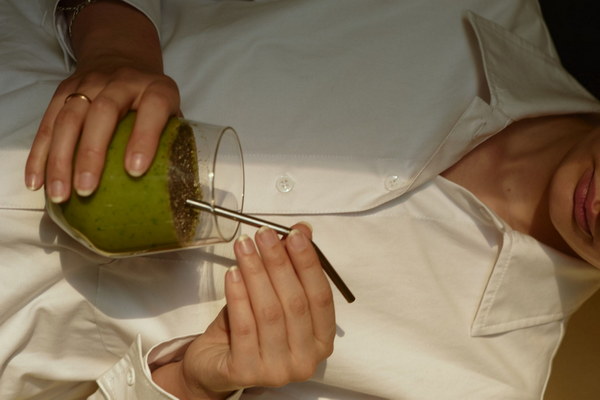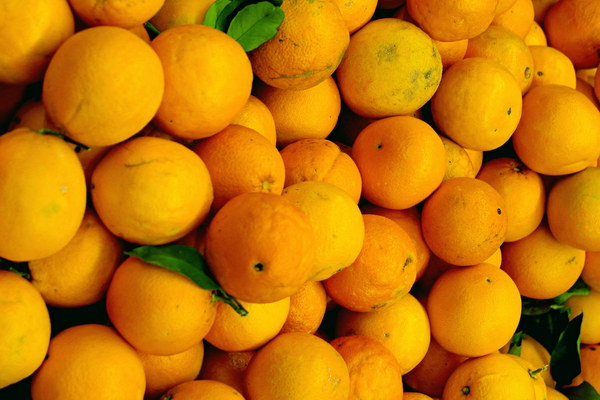Herbal Remedies for Dampness Safe and Effective Options for Breastfeeding Mothers
Introduction:
Dampness, a common Chinese medical term, refers to a condition where dampness accumulates in the body, leading to various health issues. During breastfeeding, it is crucial for mothers to maintain a healthy body to ensure the well-being of their baby. While many traditional Chinese herbal remedies are considered safe during breastfeeding, it is essential to choose the right ones to address dampness effectively. This article will explore the safe and effective herbal options for breastfeeding mothers looking to alleviate dampness.
1. Introduction to Dampness:
Dampness is a concept in traditional Chinese medicine (TCM) that refers to an imbalance in the body's fluids, leading to various symptoms such as fatigue, weight gain, bloating, and joint pain. TCM views dampness as a result of internal and external factors, including diet, environment, and lifestyle.
2. Herbal Remedies for Dampness in Breastfeeding Mothers:
2.1. Astragalus (Huang Qi):
Astragalus is a well-known herbal remedy in TCM, known for its immune-boosting properties. It is considered safe for breastfeeding mothers and can help alleviate dampness by promoting the circulation of Qi (vital energy) and enhancing the body's immune system.
2.2. Poria (Fu Ling):
Poria is another commonly used herbal remedy for dampness. It has diuretic and draining properties, which can help reduce fluid retention and alleviate symptoms of dampness. Poria is also believed to support the kidney function and improve overall well-being.
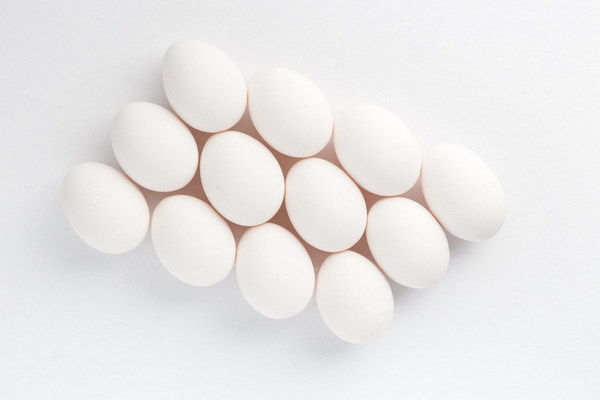
2.3. Alisma (Ze Xie):
Alisma is a traditional Chinese herb known for its diuretic and anti-inflammatory properties. It is often used to treat dampness-related conditions, such as edema and bloating. Alisma is considered safe for breastfeeding mothers and can help improve the overall health of both mother and baby.
2.4. Codonopsis (Dang Shen):
Codonopsis is a popular herbal remedy in TCM, known for its immune-boosting and energy-restoring properties. It is considered safe for breastfeeding mothers and can help alleviate dampness by enhancing the body's resistance to external pathogens and promoting overall well-being.
3. Precautions and Considerations:
While these herbal remedies are generally considered safe for breastfeeding mothers, it is essential to consult with a healthcare professional before starting any new treatment. Some herbs may interact with medications or have contraindications for certain individuals. Additionally, it is crucial to use high-quality, standardized herbal products to ensure safety and efficacy.
Conclusion:
Dampness is a common concern among breastfeeding mothers. By incorporating safe and effective herbal remedies such as Astragalus, Poria, Alisma, and Codonopsis, breastfeeding mothers can alleviate dampness-related symptoms and maintain their overall well-being. However, it is crucial to consult with a healthcare professional before starting any new treatment during breastfeeding to ensure the safety and suitability of the chosen herbal remedies.



